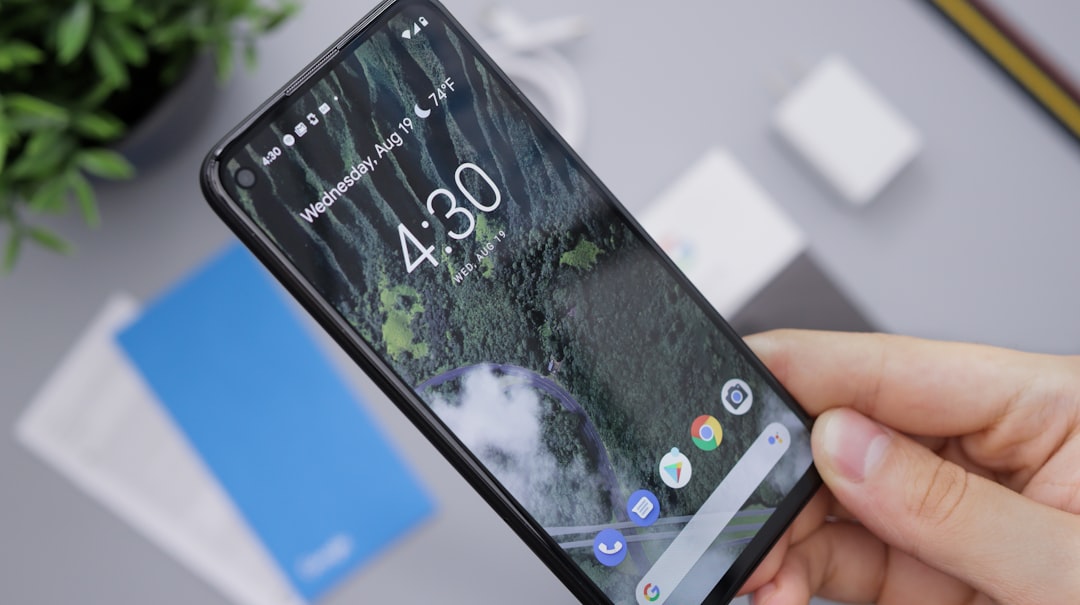Michigan consumers face distinct regulations for robocalls and telemarketing calls, with Do Not Call laws protecting against unwanted promotional calls. While telemarketers are restricted, political or non-profit robocalls enjoy less regulation. Seeking advice from a Do Not Call Lawyer Michigan clarifies these complexities, ensuring compliance, and safeguarding rights against excessive calls. Registering on the Michigan Do Not Call list significantly reduces promotional calls, empowering individuals to protect their privacy.
In today’s digital age, navigating unwanted phone calls can be a complex task. This article delves into the distinct world of robocalls and telemarketing, shedding light on their legal differences in Michigan. While both are automated, robocalls often carry stricter regulations due to their prevalence and potential invasiveness. Understanding these distinctions is crucial for consumers, especially when knowing their rights against persistent telemarketers or seeking assistance from a Do Not Call Lawyer Michigan.
Understanding Robocalls and Telemarketing Calls

Robocalls and telemarketing calls are two distinct types of telephone communications with different legal implications. Robocalls, as the name suggests, involve automated phone systems that dial randomly or from a list to deliver pre-recorded messages. These calls are often used for political campaigns, surveys, or promotional purposes. On the other hand, telemarketing calls are made by live agents who prospectively sell or promote products or services over the phone. While both types can be annoying, they are subject to different regulations, especially in terms of consumer protection and privacy rights.
In Michigan, as in many states, there are strict laws governing both robocalls and telemarketing practices, primarily to protect consumers from unwanted or deceptive calls. A Do Not Call Lawyer Michigan can help individuals navigate these laws, ensuring their rights are respected. Understanding the differences between these call types is crucial for businesses and consumers alike to avoid legal issues and maintain a peaceful, compliant communication environment.
Legal Differences: Robocall vs Telemarketer Rules

In the realm of telecommunications, understanding the legal distinctions between robocalls and telemarketing calls is paramount, especially for consumers in Michigan who want to know their rights. A significant difference lies in how these calls are regulated under the law. Robocalls, often associated with political messages or automated services, are generally less restricted than traditional telemarketing calls.
Michigan’s Do Not Call laws specifically target telemarketers, granting consumers the right to opt-out of unsolicited sales or promotional calls. On the other hand, robocall regulations vary, with certain types of automated messages being permitted under specific conditions. For instance, political robocalls and messages from non-profit organizations often enjoy broader legal protection. Engaging a Do Not Call Lawyer Michigan can provide clarity on these nuances, ensuring compliance and protecting consumer rights.
Protect Your Rights: Do Not Call Lawyer Michigan

In the age of relentless robocalls, understanding your rights is more crucial than ever. One effective way to protect yourself from unwanted calls is by consulting a Do Not Call Lawyer Michigan. These legal professionals specialize in navigating the complexities of telemarketing and robocall regulations, ensuring that your privacy is respected.
Michigan, like many other states, has implemented laws to curb excessive telemarketing calls, particularly those considered as robocalls. A Do Not Call Lawyer Michigan can help you register on the state’s Do Not Call list, a powerful tool that limits the number of promotional calls you receive. By taking this step, you’re asserting your rights and sending a clear message that unwanted calls are not welcome.






